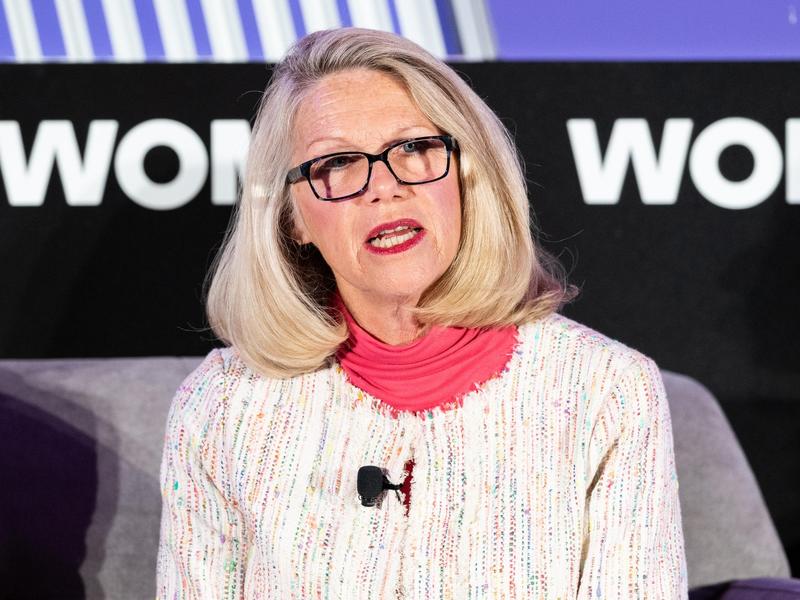
Almost any conversation, email, or text-message exchange I have about the midterm election these days begins with the question, “Do you think that things will change?” Interestingly, the question is the same whether coming from the lips or fingertips of Democrats or Republicans. The former are plaintively looking for some sign of improvement, the latter terrified that they will, to borrow a term from Senate Minority Leader Mitch McConnell, “screw this up.”
Indeed, like freshly poured concrete, the perceptions, impressions, and convictions of voters in a given election cycle are soft and somewhat malleable at first but gradually get harder and harder over time. With seven months until the general elections, Democrats will soon need a chisel to chip away at them.
One challenge confronting President Biden and Democrats is that of issue contamination. That is, once voters get really mad at a president over one issue or situation, those views infect how those voters perceive that president and party on everything else.
For Biden (and by extension, his party), the original sin was being as dismissive of the threat of inflation as his predecessor Donald Trump was about the coronavirus two years ago. Even worse for Biden, this election will not be a choice between two opposing visions for the country. In a midterm election with one party controlling all levers of government, it's a straight referendum on the president, not on Republicans. Midterm elections are never about a party that is no longer in power, either in the White House or on Capitol Hill.
This column has repeatedly argued that the political impact of inflation is far greater than of unemployment, or for that matter, interest rates or any other economic indicator. Since 1948, U.S. unemployment has averaged just under 6 percent, so let’s define a low unemployment rate as under 4 percent and a high rate as over 8 percent—a difference of about 4 percentage points. Yet when it comes to inflation, basically 100 percent of Americans are affected. One could say that inflation is 25 times more powerful than unemployment. While high interest rates hurt a lot of people—anyone with a credit card or who is borrowing money to buy a house or car—inflation still affects more people, and by a greater amount. That is why politicians ignore the threat of inflation at their own peril, particularly if they are perceived as having ignored, denied, or exacerbated it.
The unfortunate thing for Democrats is that it did not have to go this way. Had Biden and Democrats made infrastructure their top priority, or perhaps second after coronavirus relief, there is a good chance that they would have gotten the full $2.3 trillion that he originally proposed, instead of less than half of that, and it very likely would have taken less than seven and a half months of excruciatingly acrimonious infighting to do it. The early months of the administration would have been defined by a resounding domestic-policy victory.
Rather, Biden and Democrats chose to push an ambitious “transformational” agenda, attempting to greatly expand the size and scope of the federal government and significantly expand the social-safety net. Given his party's ultra-narrow majorities in each congressional chamber, It seemed designed to fail.
As it turned out, members of their own party held infrastructure, the most popular item in the agenda, hostage, progressives preferring doing Build Back Better either first or simultaneously. That was a particularly perplexing demand given that BBB was never going to pass in anything remotely resembling its original size and shape.
As the saying goes, you never get a second chance to make a first impression, and the first impressions made by Democrats were ones that they would rather not be lasting ones.
But instead, Democrats came across as both badly divided and ineffectual. Voters tell pollsters that they are mad at Democrats for not delivering on their promises. The reality was that the promises were never realistic and were never deliverable.
So can things change in the next seven months? Yes, but the political conditions are very nearly hardened. It would take a monumental event to break them apart again.
The article was originally published for the National Journal on April 19, 2022









Subscribe Today
Our subscribers have first access to individual race pages for each House, Senate and Governors race, which will include race ratings (each race is rated on a seven-point scale) and a narrative analysis pertaining to that race.